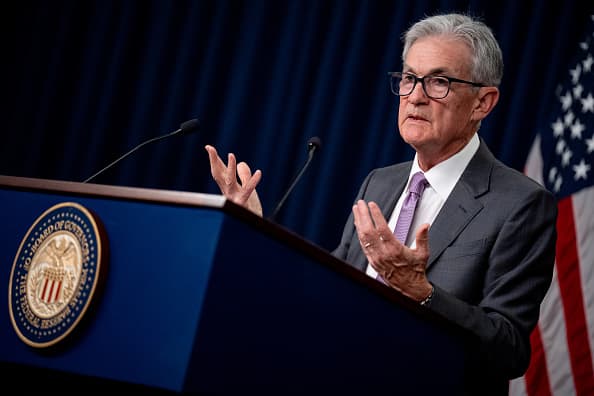PETALING JAYA: Bank Negara governor Datuk Abdul Rasheed Ghaffour says the central bank and the government are elevating their engagement with government-linked companies (GLCs) and government-linked investment companies (GLICs) to support the ringgit.
Abdul Rasheed said the engagements with GLCs and GLICs are to encourage more consistent repatriation and conversion of their foreign investment income.
“We are also stepping up our engagement with international investors to showcase the positive prospects of Malaysia and that Malaysia remains highly attractive for investment and business,” he said in a speech at a Fitch Rating’s symposium yesterday.
Abdul Rasheed said the undervalued ringgit along with the ongoing and forthcoming investment opportunities offer global investors the opportunity to reap the benefits from participating in the country’s growth prospects.
He added the economy is projected to grow at 4%-5% this year on the back of robust domestic demand and an improvement in the external sector.
The improving global economy together with the tech upcycle are expected to benefit exports, especially the semiconductor industry.
He said the government is committed to ensure fiscal sustainability through several fiscal reform initiatives. This includes the Public Finance and Fiscal Responsibility Act (FRA) and the Medium-Term Fiscal Framework (MTFF), which will support the paring down of the fiscal deficit to between 3% and 3.5% of gross domestic product (GDP) by 2025.
The ringgit has come under fresh pressure against the US dollar in the recent past after foreign-exchange traders revised expectations on rate cuts to be undertaken by the Federal Reserve this year.
The local unit hit a record low of RM4.8 against the greenback last month, as inflation and employment data out of the US suggest the economy remains strong.
Meanwhile, Standard Chartered Research expects Bank Negara to keep the overnight policy rate (OPR) unchanged at 3% at the close of its monetary policy committee (MPC) meeting today.
Bank Negara held the OPR steady at 3% at its first MPC meeting in January this year.
The research house noted the ringgit has had some reprieve since the start of March after underperforming in the first two months of 2024.
“Bank Negara’s Financial Markets Committee recently released a statement that mentioned stepping up coordination with GLCs and investment companies to encourage them to repatriate foreign investment income and convert that income into ringgit more consistently.
“This coordination is likely preferred over a tweak to monetary policy by Bank Negara to address foreign-exchange weakness, as it is not seen as affecting the growth and inflation outlook at present,” it said.
Additionally, the research house noted that growth is currently soft in Malaysia.
“The economy ended 2023 on a soft note, with the fourth-quarter GDP contracting 2.1% quarter-on-quarter.
“Core inflation also eased further to 1.8% year-on-year in January, although upcoming changes to administrative taxes and subsidy rationalisation could add to inflation.
“On the other side of the equation, the ringgit’s weakness likely limits Bank Negara’s room to cut rates to support growth.”

